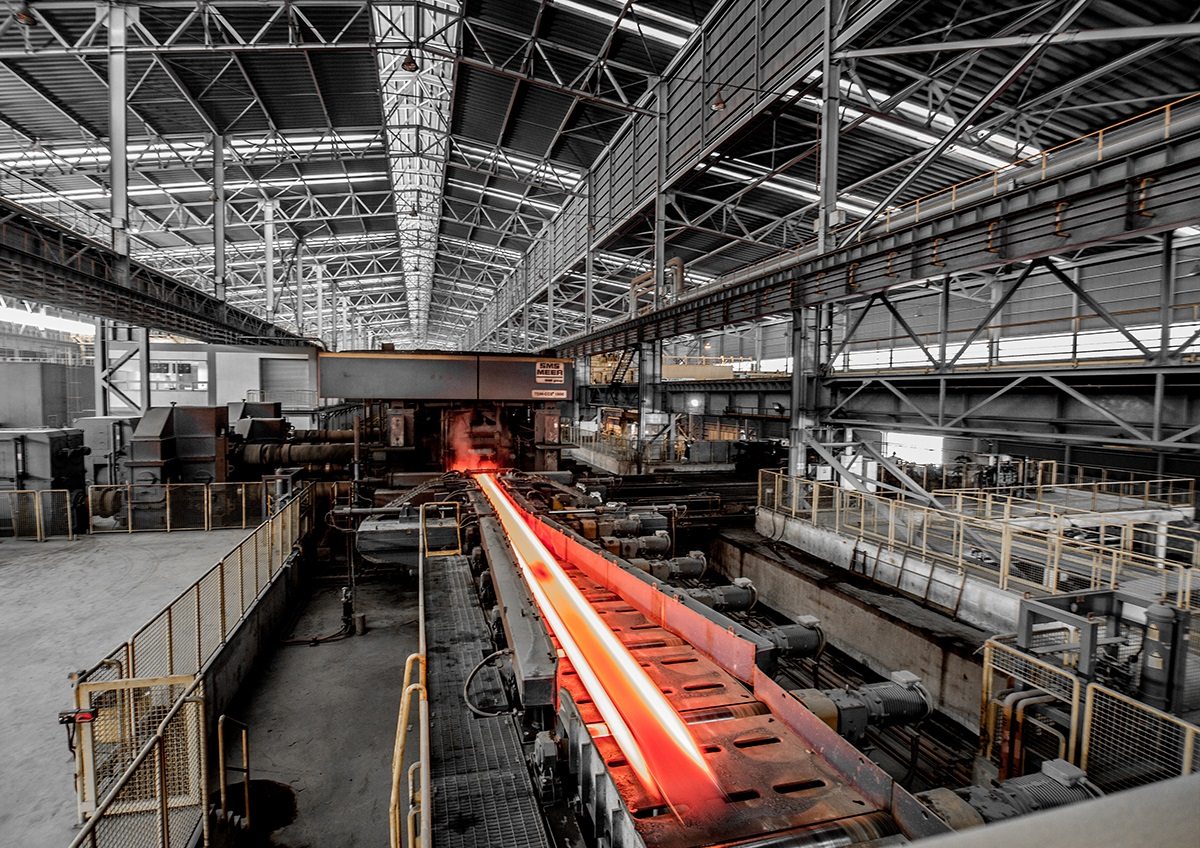

The GCC steel market is still suffering from significant overcapacity, according to heads of some of the region’s largest steel companies.
The current GCC demand is 23 million tonnes, but capacity is about 56 million tonnes – so that is 60 per cent overcapacity,” Saeed Ghumran al-Remeithi, CEO, Emirates Steel, speaking at the Middle East Iron & Steel Conference in Dubai on 5 December.
While Al-Remeithi was frank about the overcapacity in the long product steel market, he said that there is an increasing demand for flat steel products which should form a greater part of the GCC’s production portfolio moving forward.
Ismail al-Sulby, CEO of Saudi Arabia’s Al-Qaryan Steel Company, told delegates at the conference about the factors behind lower demand for steel in the kingdom, the region’s largest economy.
“[Saudi Arabia] is currently undergoing a huge transformation [with the Vision 2030 economic reform programme], and this has resulted in a slowdown in the current state,” explained Al-Sulby. “There is also the drop in oil prices, and even when going through periods of oil prices going up there has been lower government spending.”
Al-Sulby was keen to stress that economic growth will be key to a boost to the kingdom’s steel sector, and expects the situation to begin to improve in 2018.
“Steel mirrors [the] economy more than any other commodity – if economy is good, steel market is good,” said Al-Sulby. “I think we are the bottom in terms of steel consumption in 2017, we expect to see some growth in 2018,” said Al-Sulby.
The Al-Qaryan Steel CEO told the conference that the IMF’s forecasted 2 per cent GDP growth in 2018 for the kingdom could result in demand for steel products growing by up to 6 per cent. While Al-Sulby expects a pickup in GDP to increase demand for steel in 2018, he said that demand for steel for the raft of major infrastructure projects planned under the Vision 2030 will not be felt immediately.
“We will not see demand for steel just one year after these projects have been announced,” he explained. “We don’t expect to see the requirements for steel for these major projects until the second half of 2019.”
You might also like...

Second Iranian methanol project stalling
16 April 2024

Kuwait appoints new prime minister
16 April 2024

Iraq evaluates waste-to-energy bids
15 April 2024

Oman extends Business Gateway PPP deadline
15 April 2024
A MEED Subscription...
Subscribe or upgrade your current MEED.com package to support your strategic planning with the MENA region’s best source of business information. Proceed to our online shop below to find out more about the features in each package.




